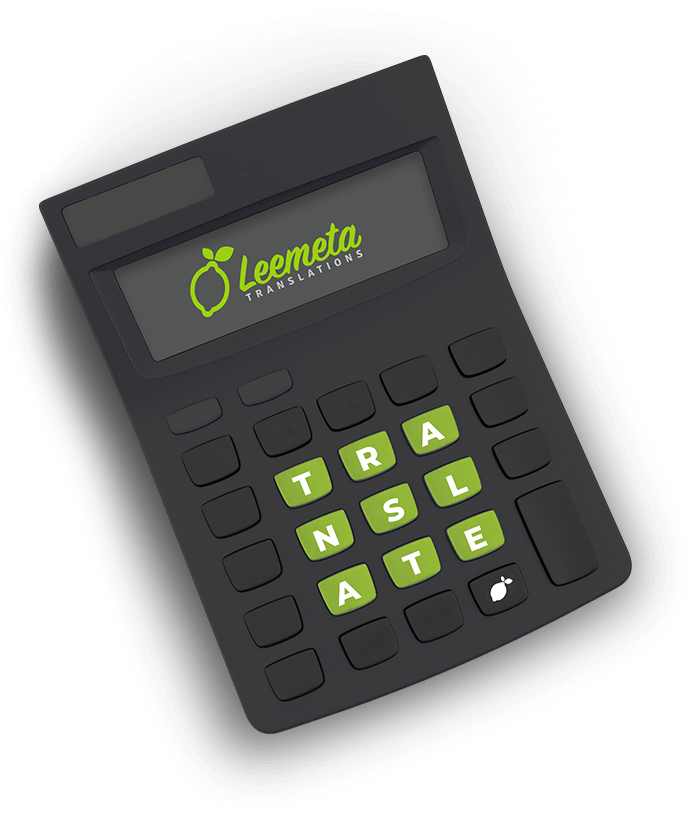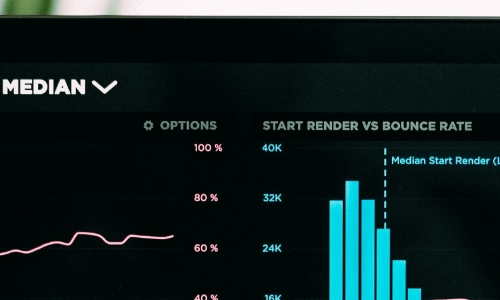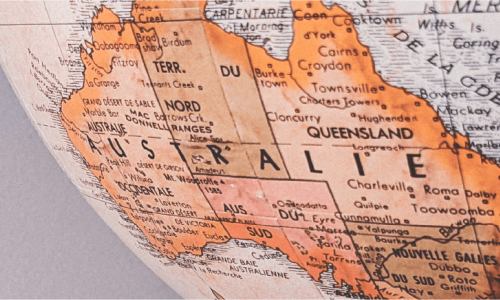HELLO, HAVE YOU EVER MET SOMEONE WHO WRITES EVERYTHING LIKE THIS?
It’s like they’re yelling—even if they’re just asking for directions to the nearest coffee shop.
On the flip side, there are those who go full minimalist and treat every sentence like a whispered text message:
"i forgot my umbrella. it’s raining. again."
Both styles might fly in texts or memes, but when it comes to professional or polished writing, capitalization matters. And trust us—some rules are worth following, while others can absolutely chill.
Let’s break down when to capitalize (properly), when not to, and how to avoid some of the most common errors.
Why Do We Use Capital Letters Anyway?
Capital letters are like the GPS of your sentence. They tell the reader:
- This is the start of a sentence.
- That word is a name or a title.
- This thing? It’s important, maybe even official.
In short: capital letters help your message make sense—and stand out in all the right ways.
When You Should Capitalize
Here’s a quick refresher on the basic rules:
1. The First Word in a Sentence
Life is short. Eat the cake.
Even if it’s just one word: Yes.
2. Proper Nouns
Names of people, places, brands, days, and specific things get a capital letter.
Mary went to Paris on Monday to visit the Louvre.
We capitalize:
- People: James, Oprah, Taylor Swift
- Places: Berlin, Mount Everest, Mars
- Companies/Brands: Nike, Apple, Spotify
- Days & Holidays: Friday, Christmas, New Year’s Day
3. Titles of Books, Movies, Songs (Most of the Time)
Generally, major words are capitalized (but articles, conjunctions, and prepositions usually aren’t):
The Lord of the Rings
Gone with the Wind
A Game of Thrones
Unless you’re using APA or MLA style—then things get weird. But we’ll chill on that for now.
4. The Pronoun “I”
It’s always capitalized. Always. No matter how cool or casual you are.
“i love pizza” is wrong. Unless you’re a 12-year-old on TikTok. (Even then… no.)
When You Don’t Need to Capitalize
1. Random Words for Emphasis
This is a classic mistake. You might mean well, but capitalizing random words looks… intense. And slightly unhinged.
Wrong: “She Works In A Marketing Department At A Global Company.”
Correct: “She works in a marketing department at a global company.”
Capital letters don’t make a word more important—they just make it grammatically wrong.
2. Job Titles (in Most Cases)
Capitalize job titles only when they come before a name.
Correct: President Trump
Wrong: Donald Trump, the President
Correct: Donald Trump, the president
Confusing? Yes. But the rule is: title + name = capitalized. Otherwise, it’s lowercase.
3. Directions (Unless They’re Specific Places)
Correct: I’m heading south.
Correct: She lives in the South. (As in a cultural region)
Common Capitalization Fails (And How to Fix Them)
- The Internet or the internet?
Both are technically accepted now—but lowercase is trending. - Seasons (spring, summer, fall, winter)
Don’t capitalize. Unless it’s part of a name like “Winter Olympics.” - School subjects
“I study biology and German.” (Only capitalize languages or course names with numbers.)
Let’s Chill With the CAPS LOCK
Writing in ALL CAPS might seem like a power move, but it reads like shouting. Save it for the rare emphasis or acronyms, like NASA or ASAP.
Need to get attention? Use bold, italics, or (dare we say it) an actual exclamation point.
Quick Quiz Time!
Which version is correct?
1.
a) We went to the Beach last Saturday.
b) We went to the beach last Saturday.
2.
a) I’m meeting Professor Smith later.
b) I’m meeting professor Smith later.
3.
a) My favorite book is The Catcher in the Rye.
b) My favorite book is the Catcher in the Rye.
Answers: 1: b / 2: a / 3: a
Why Capital Letters Matter
Capitalization is one of those little things that makes a big difference. You don’t need to be perfect—but knowing the basics keeps your writing clean, clear, and professional.
And remember: using capital letters sparingly makes them stronger.
So go ahead. Be bold. Just don’t YELL.












